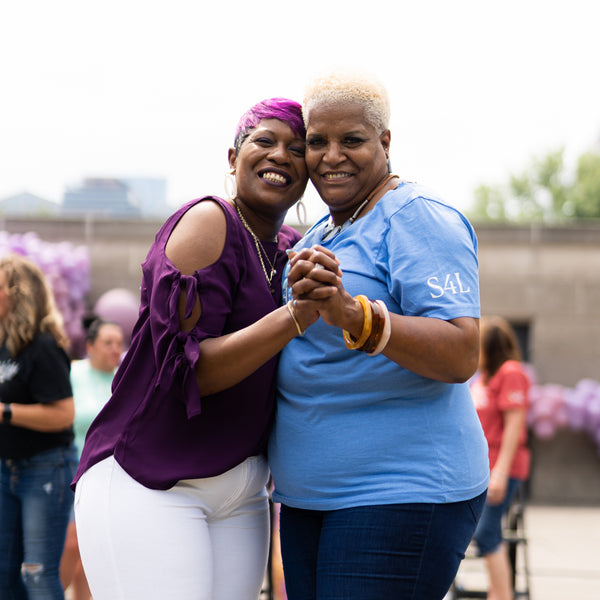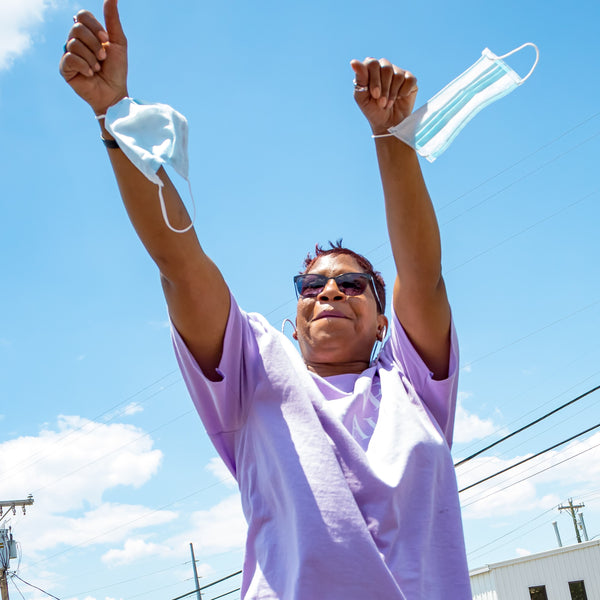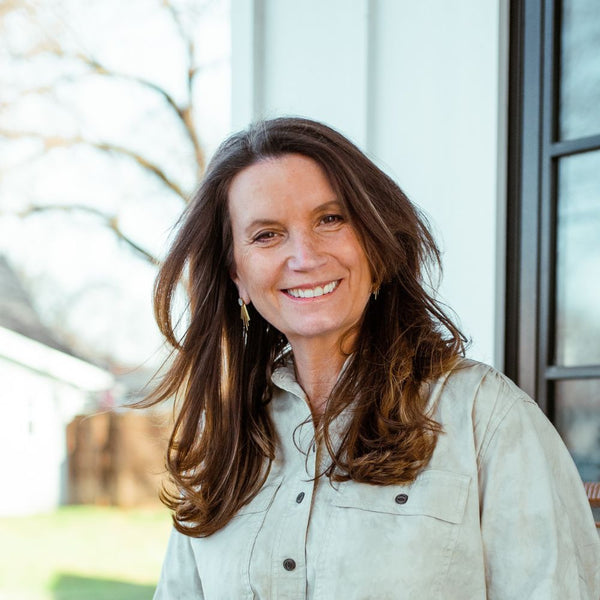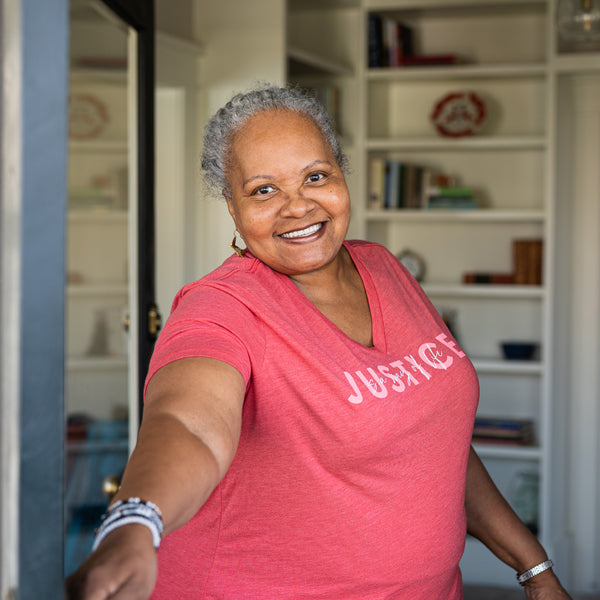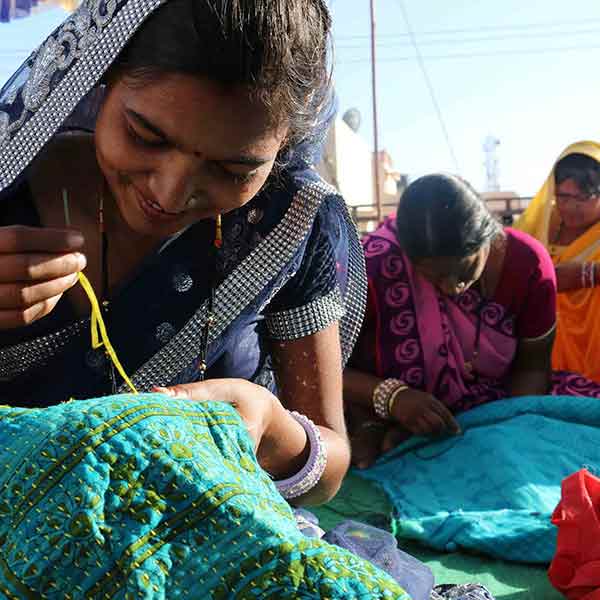SPD is Our Ally in Fighting Sex Trafficking
In the coming weeks, the Seattle City Council will make a series of budget decisions that run the risk of increasing harm to our community’s most marginalized and vulnerable members — adults and children who are being sexually exploited and trafficked.
Hastily removing funding, not having a plan for reallocation, and enacting policies that do not shrink the demand for commercial sex will undoubtedly result in city sanctioned trauma of the most disenfranchised among us. Sex trafficking victims and survivors should not be further harmed by city leaders making decisions motivated by politics or Twitter taglines. Rather, our leaders must commit to understanding who these victims are, who is harming them, and how law enforcement and community-based groups can effectively work together to prevent and interrupt this form of gender-based violence that is increasingly plaguing our community. The council must slow down, listen and learn before acting.
We stand in solidarity with the Black community and anti-racism groups that the council must listen to in shaping our city’s budget. Our work is also about protecting and honoring Black lives. So, while we are scrutinizing police budgets that begin to address centuries of systemic racism and institutionalized oppression, let’s do so with intention and in ways that work to liberate ourselves from those systems, not sell into them even further.
Seattle Police detectives and advocates work to fight human trafficking and the commercial sexual abuse of children, crimes that disproportionately affect Black and brown youth in our community. According to a study conducted in 2019 by Dr. Debra Boyer on behalf of StolenYouth, every year, there are 500 to 700 youth who are commercially sexually exploited in King County in need of services. And, based on data from the King County Prosecutor’s Office, 44% of child trafficking victims are Black girls identified through prosecutions of sex buyers and traffickers, whereas only 6.2% of the population in King County is Black. Meanwhile, white men constitute 72% of the men caught trying to buy sex from minors. The reality is that the most privileged people in our community, white men, are buying sex from young Black girls. Let that sink in for a moment.
Chief Carmen Best has publicly told the mayor and city council that with a 50% reduction of the Seattle Police budget, the units tasked with investigating sex trafficking and protecting exploited children would be cut. These units are national leaders in this work and address the widespread victimization of children through community engagement, prevention, training, and collaboration with social service and child protective agencies. Also cut would be the specialized detectives who ensure that sex buyers are held accountable and who investigate the alarming number of assaults and rapes perpetrated against prostituted persons. Cutting these units is unacceptable.
No city leader has developed a comprehensive plan outlining how the funds cut would be reallocated to stop the demand for commercial sex or to address the increased need for services to victims and survivors these proposed cuts will create. Service providers are already overwhelmed by the increased demand for services due to COVID-19. You cannot expect us to increase our services without giving us the means to provide them.
We are fortunate to have community groups working tirelessly to chip away at racial, gender and income inequality, which create the pipeline into the sex trade. These community groups and the Seattle Police work in partnership with each other because of their shared goal to end exploitation and because breaking down these systems of oppression cannot be achieved through arrest and prosecution alone.
Yes, policing must change, and we must continue to provide space for communities themselves to solve our most complex social problems. We respectfully implore the city to have a viable plan in place before making drastic budget decisions. We cannot take steps that will carelessly embolden and benefit those harming the most vulnerable among us.
